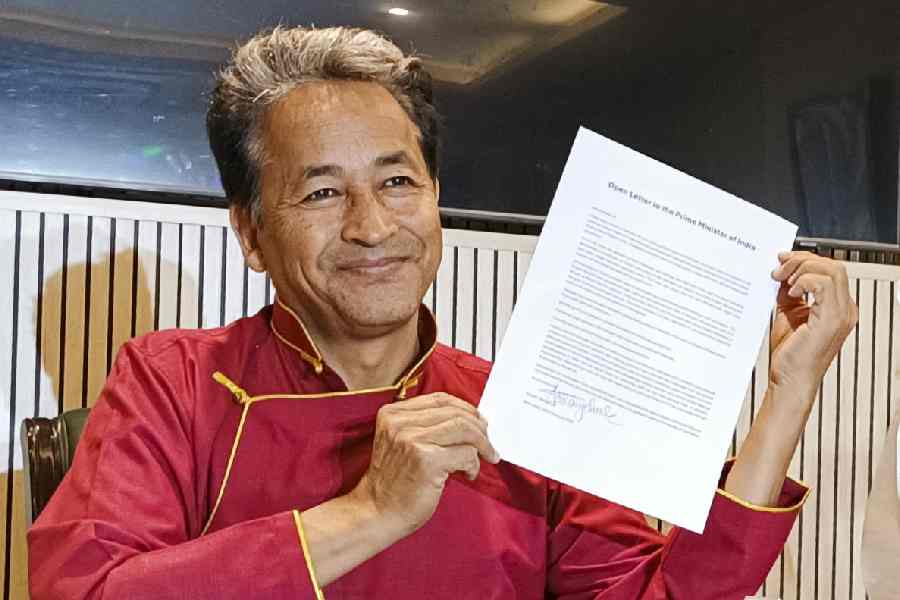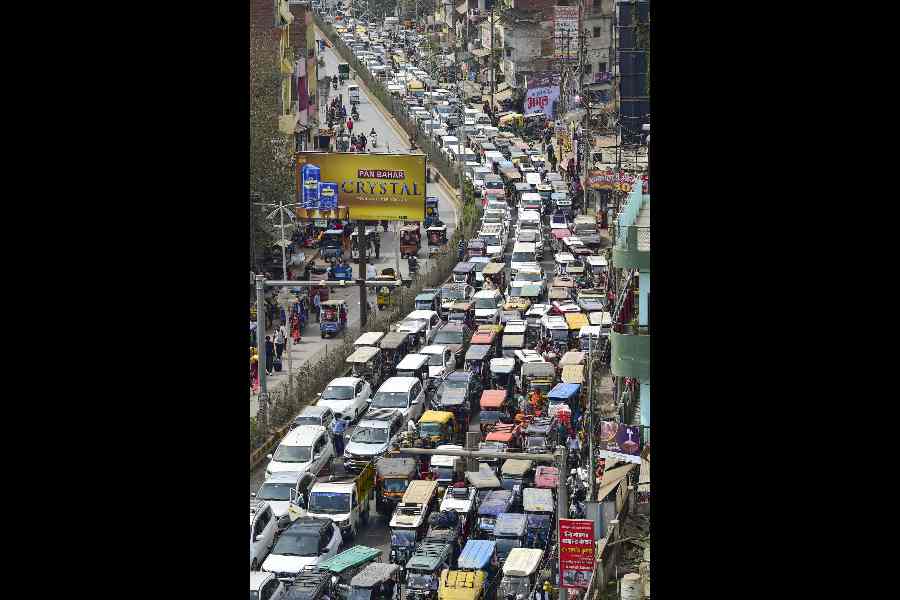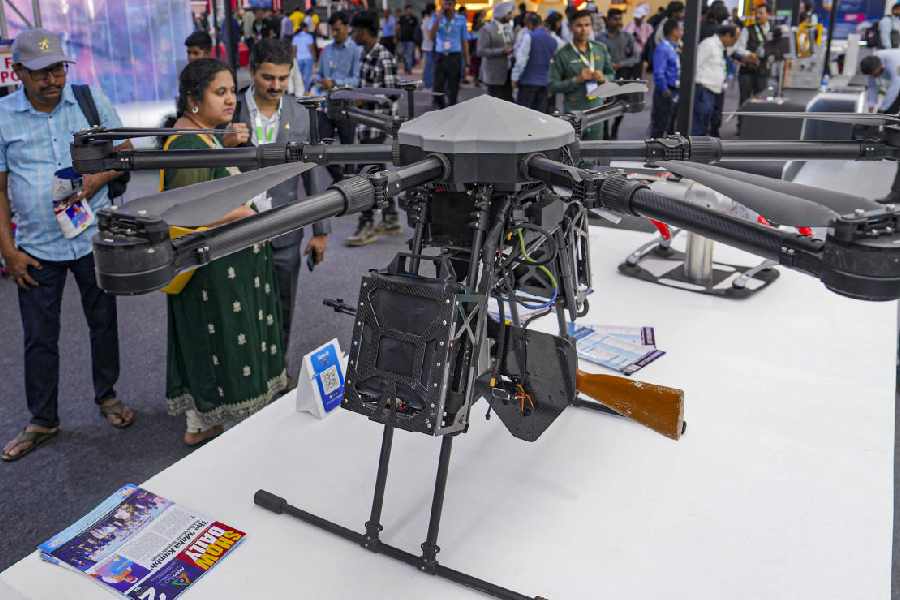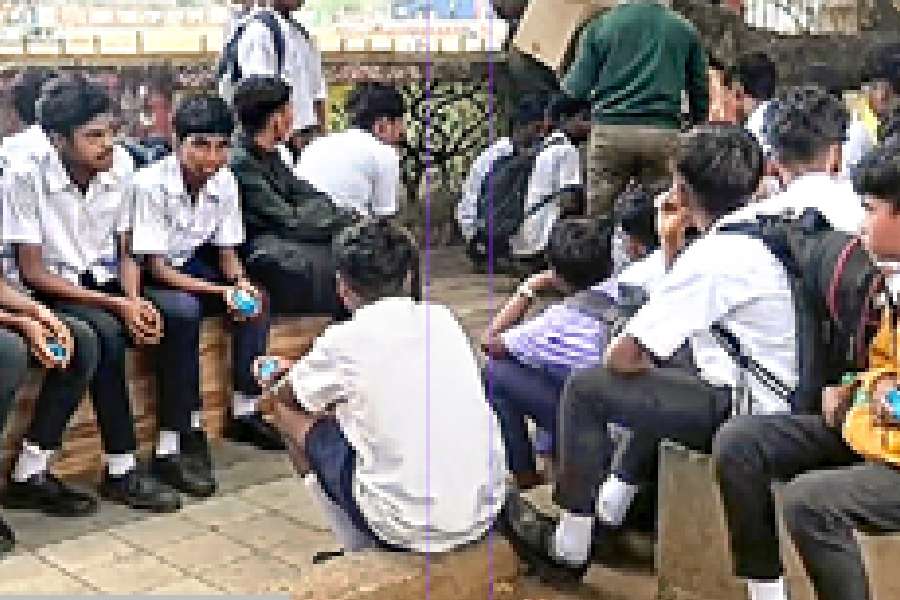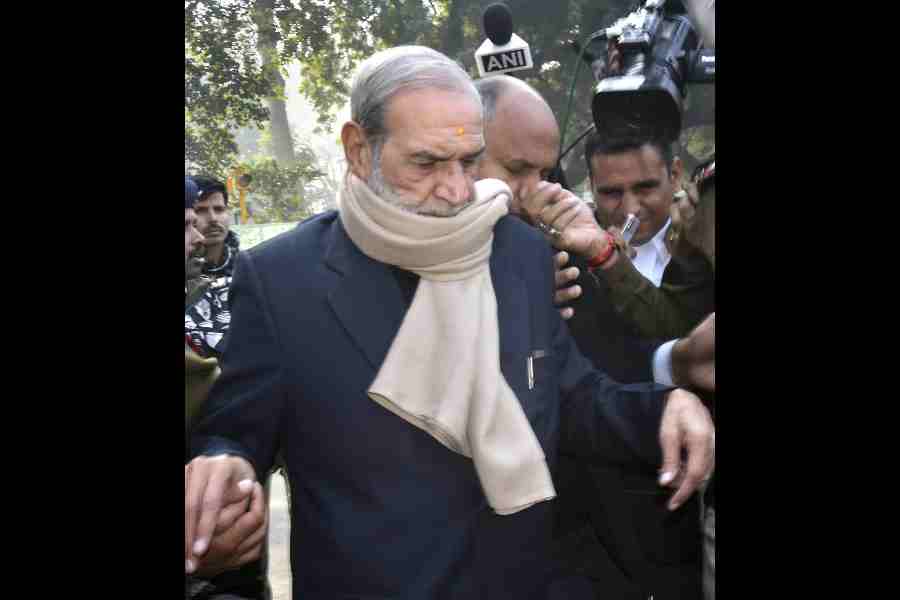India on Thursday said it was in touch with Pakistani authorities to finalise the modalities for transportation of 50,000 tonnes of wheat to Afghanistan through Pakistan.
External Affairs Ministry spokesperson Arindam Bagchi said India will continue to send humanitarian assistance to the Afghan people and that it is committed to sending more medical supplies and wheat to that country.
India had sent a proposal to Pakistan on October 7 seeking the transit facility to send 50,000 tonnes of wheat and life-saving medicines to the people of Afghanistan via Pakistani soil and it received a response from Pakistan on November 24.
Bagchi said India continued to be in touch with Pakistan for sending the wheat.
"We were in touch with Pakistan authorities on the modalities of supply of 50,000 metric tonnes of wheat as well as other medical supplies as humanitarian assistance to the people of Afghanistan.
"It is a complex operation and I would request you to be patient," he told reporters at a media briefing.
In the first tranche of humanitarian aid to Afghanistan after its takeover by the Taliban, India last week sent 1.6 metric tonnes of life-saving medicines to that country.
The medical supplies were sent on a return flight that had brought 10 Indians and 94 Afghans to Delhi from Kabul.
"We will continue to provide humanitarian assistance to the people of Afghanistan such as life-saving medicines and wheat. We had despatched about 1.6 tonnes of medical supplies as humanitarian assistance to Afghanistan on December 11," Bagchi said.
He said India was committed to sending more medicines and medical supplies to Afghanistan.
Bagchi also referred to India's "special relationship" with the people of Afghanistan and said the approach of India and the world community to the situation in that country is guided by UN Security Council resolution 2593.
The UNSC resolution, adopted on August 30 under India's presidency of the global body, talked about the need for upholding human rights in Afghanistan, demanded that Afghan territory should not be used for terrorism and that a negotiated political settlement should be found out to the crisis.
India has been concerned over the recent developments in Afghanistan.
It hosted a regional dialogue on Afghanistan on November 10 that was attended by NSAs of Russia, Iran, Kazakhstan, Kyrgyzstan, Tajikistan, Turkmenistan and Uzbekistan.
The participating countries vowed to work towards ensuring that Afghanistan does not become a safe haven for global terrorism and called for the formation of an "open and truly inclusive" government in Kabul with representation from all sections of Afghan society.
A declaration released at the end of the Delhi Regional Security Dialogue on Afghanistan said Afghan territory should not be used for sheltering, training, planning or financing any terrorist acts and that officials lent strong support for a peaceful, secure and stable Afghanistan.


